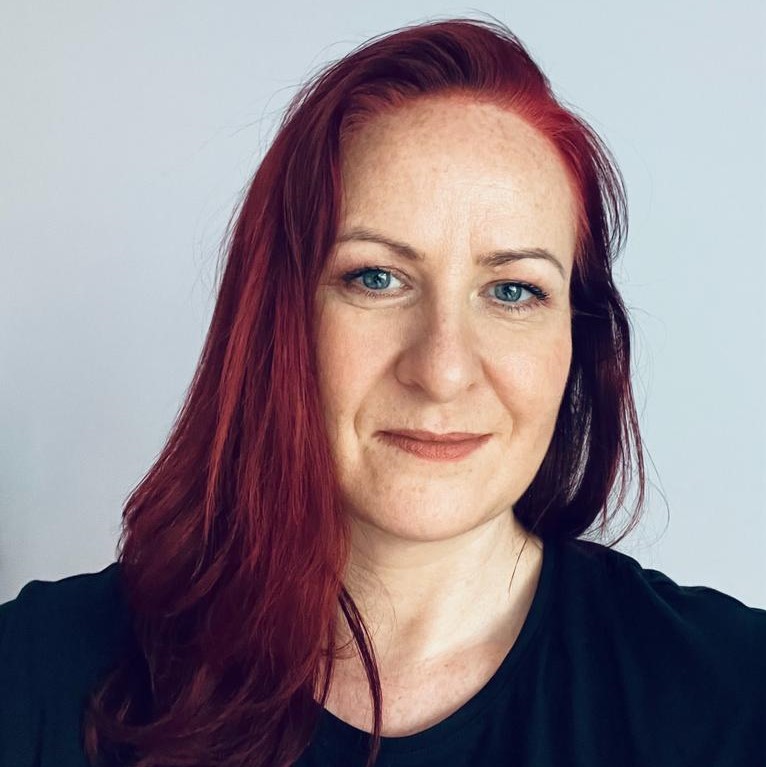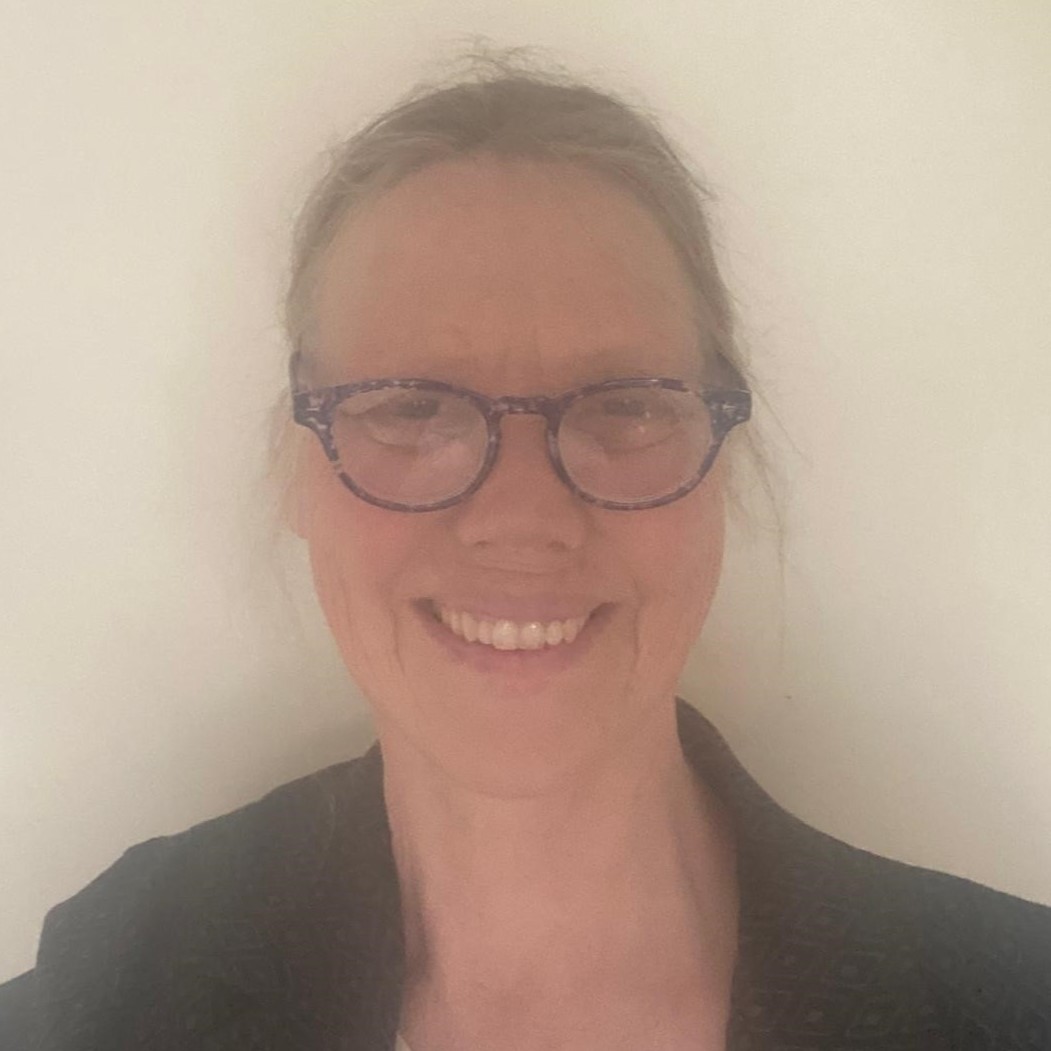Regulation (EU) 2019/6 has introduced significant changes to the way pharmacovigilance for veterinary medicines is performed. More than two years since the Regulation became applicable have passed, and the implementation phase for pharmacovigilance processes is coming to an end, but clarifications are still coming. In this session, you will hear about the status of the systems and procedures tested and implemented by the Committee for Veterinary Medicinal Products (CVMP)/Coordination group for mutual recognition and decentralised procedures for veterinary medicinal products (CMDv) Pharmacovigilance Working Party and its Pilot Signal Management Expert Group, a perspective from industry on the practical implementation of signal management and consideration of challenges ahead. The session will also provide information on the Data Quality Framework for Adverse Drug Reaction reporting and first observations arising from veterinary Pharmacoviglance Inspections.
09:00 – Introduction
09:05 - Status of veterinary pharmacovigilance systems and procedures implementation and PhV inspections – Anita Bottger
09:25 – Navigating Post Authorization Obligations with impact on Pharmacovigilance - Industry experience – Alexandra Grill
09:45 – EMA – ADR data quality framework – Tom Paternoster-Howe
10:05 – Panel Discussion
Session Lead:

Jana Schalansky
Head of Veterinary Strategic Support
Office, European Medicines Agency (EMA), the Netherlands |
|
Jana Schalansky holds a BA in Business Administration and Psychology from Europäische Fernhochschule Hamburg. She joined the European Medicines Agency (EMA) in 2003 as an assistant in the Veterinary Medicines Division and has subsequently worked in various roles in the division. From 2016, she held the role of programme manager for the EMA’s Veterinary Change Programme where she supported the preparation and implementation of the Veterinary Medicinal Products (VMP) Regulation. In 2021, she was appointed head of the EMA’s newly created Veterinary Strategic Support office where she provides strategic advice to all levels of management at the division.
|
Speakers will include:

Anita Bottger
Vice-Chair of the CVMP/CMDv Pharmacovigilance Working Party (PhV WP-V),
Medicines Evaluation Board (MEB), the Netherlands |
|
Anita graduated as a veterinarian in 1990 from Utrech University, where she has worked in practice and conducted research. From 2011, she worked as an efficacy and safety assessor for veterinary medicines at the Medicines Evaluation Board (MEB) for six years before becoming MEB’s coordinator for veterinary affairs and pharmacovigilance. In this role, she conducts pharmacovigilance assessments and analyses using signal evaluation in the European Medicines Agency’s (EMA) pharmacovigilance database. She also serves as a pharmacovigilance inspector where she inspects the pharmacovigilance systems for Dutch marketing authorisation holders. |
| |
|
|

Alexandra Grill
Senior Specialist Global Pharmacovigilance,
MSD Animal Health, Germany |
|
Dr. Alexandra Grill holds a Doctor of Veterinary Medicine from the University of Regensburg and Ludwig-Maximilians-University Munich (2014-2017) and a degree in Veterinary Medicine from Stiftung Tierärztliche Hochschule Hannover (2008-2014). Currently, Dr. Grill serves as Associate Director and Team Lead of Global Regulatory Affairs at MSD Animal Health Innovation GmbH in Schwabenheim. Previously, she was a Senior Specialist in Global Pharmacovigilance at the same company (2019-2024), where she led risk management and acted as a Subject Matter Expert for the EMA PV System. Dr. Grill began her career as a Veterinarian and Postdoc at University Medical Center Mainz (2017-2019).
|
| |
|
|
Tom Paternoster-Howe
Data Science Specialist,
European Medicines Agency (EMA), the Netherlands |
|
Tom Paternoster-Howe has over 20 years of experience in pharmacovigilance, within both the pharmaceutical industry and as a regulator. Tom has a strong track record of creating ensuring high quality ADR data through the creation of new processes and guidelines to ensure that the best data is available for pharmacovigilance decision-makers. Tom is a frequent speaker at conferences. He holds a Master's degree in Toxicology and has been specialising in the quality of ADR data at EMA for 20 years.
|
Catering
Please visit one of the catering stands as indicated on the floorplan to enjoy a cup of coffee or tea during the networking break. Various snacks will also be served during the break. Tables and seating can be found throughout the exhibition floor.
Exhibitors
Don't forget to visit our wonderful exhibitors located throughout the exhibition floor during the break.
Networking
Catch up with old colleagues and make new connections during the break.
Poster Display
On the exhibition floor, TOPRA are delighted to present a collection of scientific posters submitted by our members – be sure to check them out during the session breaks!
TOPRA Membership Lounge
If you are interested in learning about the opportunities TOPRA offers or just fancy a chat, please be sure to come visit the TOPRA membership lounge located near the entrance to the exhibition.
There are sofas and coffee tables to network at, and the TOPRA stand personnel will be more than happy to answer any queries you may have. There are also plenty of flyers and brochures to pick-up!
This is also where delegates can come and collect their souvenir TOPRA teddy bear and members can collect their TOPRA water bottle.
The understanding and practice of global health is shifting significantly. For too long global health has been understood to be a one-way street from the developed to the developing countries in terms of money, priorities and solutions. While early definitions had stressed the impact of global interdependence on the determinants of health and the transfer of health risks from the Global North to the Global South, it was COVID19 that has acted as an amplifier in demonstrating the lack of global solidarity in addressing a global health crisis as well as illustrating the shortcomings of established approaches. One challenge lies in the very reduced appetite of countries to agree to global rules.
At present two test cases are driving the agenda: the negotiations of a pandemic accord at the World Health organization and the response to the mpox Public Health Emergency of International Concern (PHEIC). Equity has been moved forcefully into the center of the global health arena in a very practical and political way – an obvious example is the demand to establish a system of access and benefit sharing by the negotiators from the Global South.
Global health equity is now about:
• Global supply chains, access and participation in the global health industry, production sites, data sovereignty, establishment of research centers, supporting locally driven innovations, developing digital and AI solutions;
• Establishing sovereign health systems, policies and programs, an agenda closely linked to economic development agendas – such as the Bridgetown Initiative;
• Addressing the challenges of climate change and the many ways they are linked to health;
• Highlighting the health toll of the commercial determinants of health, as reflected in high levels of non-communicable diseases.
Regional agendas, organizations and coordinated efforts from the Global South, such as the African Global Health Initiative are beginning to take on a leadership role, the G20 presidencies have also played a strong role in shifting the agenda. The deeply political nature of global health becomes ever clearer as political and economic power shifts.
Speaker:

Prof. Ilona Kickbusch
Founder and Chair of the Global Health Centre, Graduate
Institute of International and Development Studies, Switzerland |
|
Professor Kiekbusch key interests relate to the political determinants of health, health in all policies and global health. She is the founder of the Global Health Centre at the Graduate Institute, Geneva. She advises countries and organizations on their global health strategies and trains health specialists and diplomats in global health diplomacy. She continues to advise the WHO.
She is a member of the Global Preparedness Monitoring Board. She acts as Council Chair to the World Health Summit in Berlin and is vice-president of the European Health Forum Gastein. She has been involved in German G7 and G20 activities relating to global health and the global health initiatives of the German EU presidency in 2020. She chaired the international advisory board for the development of the German global health strategy. She publishes widely and serves on various commissions and boards. She initiated the @wgh300 list of women leaders in global health. She is program chair of the leaders in health network SCIANA. She is co-chair of a Lancet FT Commission on "Governing health futures 2030: growing up in a digital world." She continues to advise the World Health Organization.
Professor Kickbusch has had a distinguished career with the World Health Organization. She was key instigator of the Ottawa Charter for Health Promotion and WHOs Healthy Cities Network and has remained a leader in this field. She was the director of the Global Health Division at Yale University School of Public Health and responsible for the first major Fulbright Programme on global health. She has published widely and received many prizes and recognitions.
She has been awarded the Cross of the Order of Merit of the Federal Republic of Germany (Bundesverdienstkreuz) in recognition of her "invaluable contributions to innovation in governance for global health and global health diplomacy".
|